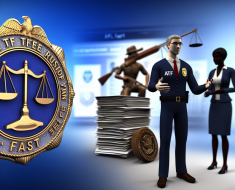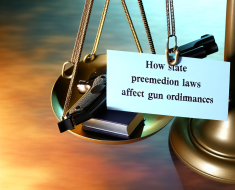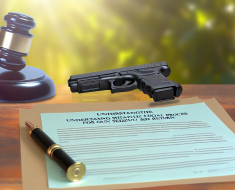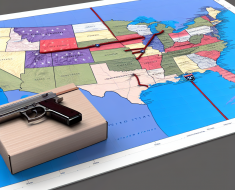How State Gun Laws Impact Private Sales
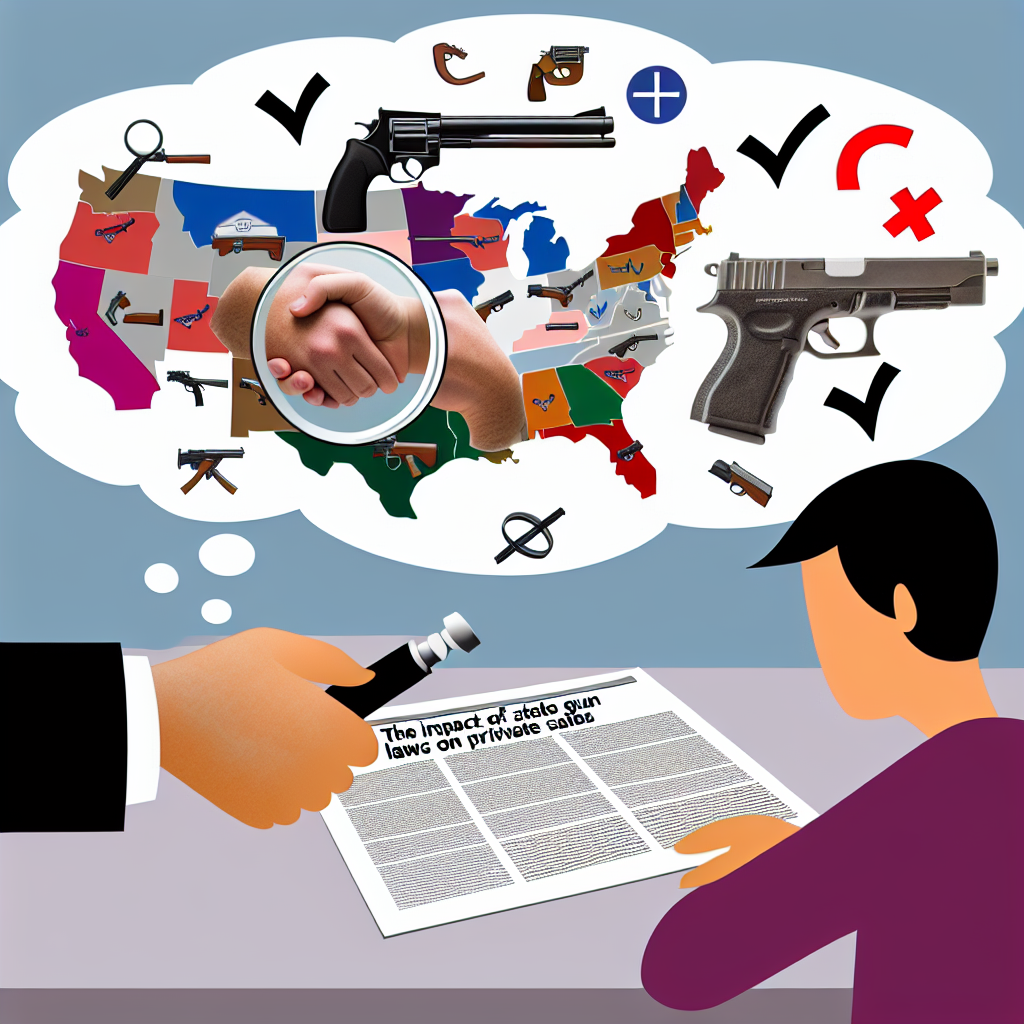
The issue of gun control remains a deeply polarizing topic in the United States, where the balance between Second Amendment rights and public safety concerns continues to be debated. One crucial aspect of this debate is the regulation of private gun sales—transactions between individuals that often occur without involving federally licensed dealers. State gun laws significantly influence how these private sales are conducted, affecting everything from background checks to record-keeping requirements.
This article explores the complex relationship between state-level firearm regulations and private gun sales. By examining various legislative frameworks, real-world examples, and relevant statistics, we aim to provide a comprehensive understanding of how these laws shape the landscape of private firearm transactions across the country.
The Landscape of Private Gun Sales in the United States
Private gun sales refer to transactions where firearms change hands between individuals without going through federally licensed firearms dealers (FFLs). These sales can take place at gun shows, online platforms, or informally among friends and family members. Unlike sales conducted by FFLs, which require background checks under federal law, private sales have historically operated with fewer regulations.
However, this regulatory gap has drawn significant attention from policymakers and advocacy groups due to concerns that unregulated private sales may facilitate access to firearms by prohibited individuals. As a result, many states have enacted laws that specifically address private sales, often referred to as “private sale laws” or “universal background check laws.”
- Federal baseline: Federal law mandates background checks only for sales conducted by licensed dealers.
- Private sale loophole: In many states without specific laws, private sellers are not required to conduct background checks or maintain records.
- State variations: Some states have closed this loophole by requiring background checks on all firearm transfers, including private sales.
How State Gun Laws Vary Regarding Private Sales
The regulatory approach toward private gun sales varies widely across states, reflecting differing political climates and public safety priorities. These variations can be grouped into three broad categories:
1. States with Universal Background Checks
A growing number of states require background checks on all firearm transfers regardless of whether they involve an FFL. This means that even in private transactions—such as those at gun shows or online—sellers must verify the buyer’s eligibility through a state or FBI background check system.
Examples include:
- California: Requires all firearm transfers to be processed through a licensed dealer who conducts a background check and holds the firearm for a 10-day waiting period.
- Colorado: Enforces universal background checks for all handgun transfers since 2013.
- Washington: Mandates background checks for all firearm sales or transfers effective July 2015.
This approach aims to close the “private sale loophole” and reduce illegal firearm trafficking.
2. States Allowing Private Sales Without Background Checks
In contrast, many states do not impose additional requirements on private sellers beyond federal law. In these states, individuals can sell firearms privately without conducting background checks or retaining transfer records.
Examples include:
- Texas: Does not require background checks for private sales; only federally licensed dealers must perform them.
- Florida: While it requires background checks for dealer transactions, private sellers are not obligated to conduct them unless otherwise stated by local ordinances.
3. States with Partial Regulations
Certain states have implemented hybrid approaches where some types of firearms or certain categories of buyers are subject to additional restrictions during private sales.
- Nevada: Requires background checks for handguns but not long guns during private transfers.
- Maine: Allows unlicensed handgun sellers to conduct transfers without checks but requires dealers to perform them as usual.
The Impact of Universal Background Check Laws on Private Sales
The adoption of universal background check (UBC) laws has been one of the most significant policy changes affecting private gun sales in recent years. Proponents argue that UBCs help prevent firearms from falling into the hands of prohibited individuals such as felons, domestic abusers, and those with severe mental health issues.
The Benefits Backed by Data and Studies
A number of studies support the effectiveness of UBC laws in reducing gun violence and illegal firearms trafficking:
- A study published in JAMA Internal Medicine (2019): Found that states with comprehensive background check requirements had lower rates of firearm homicides compared to those without such laws.
- The Johns Hopkins Center for Gun Violence Solutions (2021): Reported that universal background checks could prevent approximately 15%–20% of firearm-related deaths annually if adopted nationwide.
- Bureau of Alcohol, Tobacco, Firearms and Explosives (ATF) tracing data: Shows that guns recovered in crimes are often initially sold via private transactions in states without UBCs before being trafficked illegally across state lines.
The Challenges and Criticisms
Despite potential benefits,




